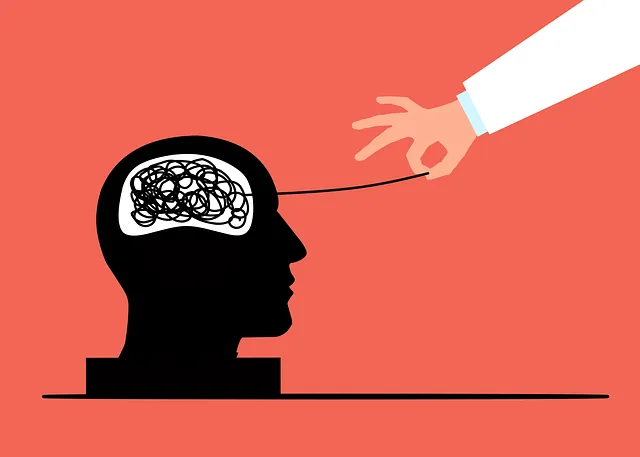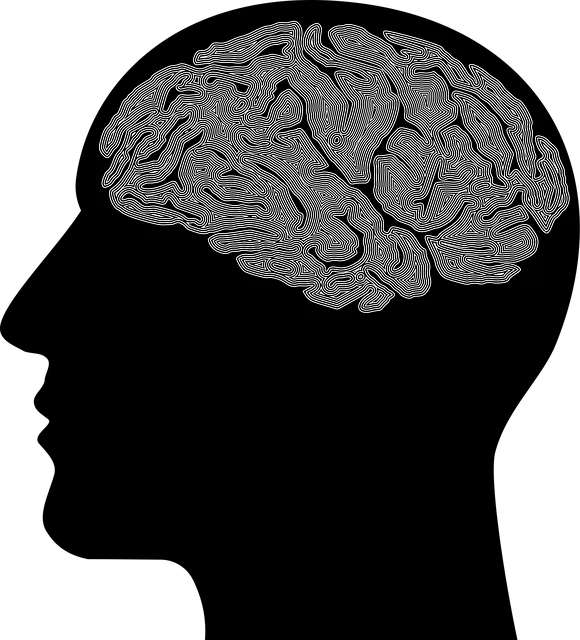Westminster's Kaiser Permanente offers culturally sensitive mental health services, training professionals to understand diverse cultural practices and emotional expressions for personalized treatment plans. This approach improves patient satisfaction and outcomes by incorporating cultural beliefs into care, setting a model for industry-wide adoption of culturally competent healthcare.
In today’s diverse society, cultural sensitivity is paramount in mental healthcare. Understanding and respecting cultural differences can significantly enhance patient outcomes. This article explores the importance of cultural diversity in mental healthcare, using Westminster and Kaiser as case studies. We delve into Kaiser’s innovative approach to integrating cultural sensitivity and highlight best practices for culturally competent care in Westminster. By examining these models, we aim to shed light on how mental health services can be more inclusive and effective for all.
- Understanding Cultural Diversity in Mental Healthcare
- Kaiser's Approach to Integrating Cultural Sensitivity
- Best Practices for Culturally Competent Care in Westminster
Understanding Cultural Diversity in Mental Healthcare

In today’s diverse society, mental healthcare providers must embrace cultural sensitivity to ensure effective treatment for all patients. Cultural diversity within mental health care refers to the variety of backgrounds, beliefs, values, and practices that individuals bring into the therapeutic setting. Understanding these differences is crucial when providing services like those offered at Westminster or Kaiser, where patient populations are increasingly heterogeneous. For instance, what might be considered normal emotional expression in one culture could be viewed as disruptive or even pathological in another. Therefore, mental health professionals need to be adept at navigating these nuances to foster a safe and supportive environment.
By promoting cultural sensitivity, therapists can enhance their ability to connect with patients from different backgrounds. This involves learning about various cultural practices related to emotional well-being promotion techniques and mood management. Additionally, building empathy through understanding unique perspectives empowers healthcare providers to create tailored treatment plans. Strategies for fostering empathy include actively listening, asking culturally sensitive questions, and demonstrating genuine interest in a patient’s cultural heritage. Such approaches contribute to improved outcomes and satisfaction rates, ensuring that mental health services like those provided by Kaiser meet the diverse needs of their clientele effectively.
Kaiser's Approach to Integrating Cultural Sensitivity

Westminster’s Kaiser Permanente healthcare system has recognized the importance of cultural sensitivity in mental healthcare practice and has implemented an approach that integrates this principle into its services. This method, often referred to as the “Kaiser Approach,” involves a comprehensive training program for mental health professionals, focusing on fostering resilience building and emotional well-being promotion techniques tailored to diverse cultural backgrounds.
By adopting this strategy, Kaiser aims to create a safe and inclusive environment, ensuring that all patients can engage in emotional healing processes without barriers. The approach emphasizes the understanding and appreciation of cultural nuances, allowing healthcare providers to offer personalized care that respects individual beliefs and values. This integration of cultural sensitivity has proven to enhance patient outcomes and satisfaction, making Kaiser’s mental health services a model for culturally competent healthcare delivery.
Best Practices for Culturally Competent Care in Westminster

In Westminster, providing culturally competent mental healthcare is paramount. Kaiser Permanente, a prominent healthcare provider in the region, offers robust mental health services designed to cater to diverse cultural backgrounds. Best practices for culturally sensitive care involve understanding and incorporating patients’ cultural beliefs, values, and traditions into treatment plans. This approach not only enhances patient trust but also improves treatment outcomes.
Mental health professionals in Westminster are encouraged to use evidence-based techniques like emotional well-being promotion and coping skills development tailored to meet the unique needs of different cultures. Additionally, conducting thorough risk assessments is crucial to identify potential cultural barriers that may impact a patient’s mental health. By integrating these practices, Kaiser Permanente strives to ensure all individuals receive personalized care that respects their cultural identity, ultimately fostering better mental health outcomes for a diverse community.
In conclusion, cultural sensitivity is an integral aspect of providing effective mental healthcare, especially in diverse communities like Westminster. Both Kaiser and local practices are making strides towards culturally competent care, ensuring that services meet the unique needs of their diverse populations. By understanding and respecting cultural differences, mental health professionals can create inclusive environments, improve patient outcomes, and bridge the gap between healthcare providers and those they serve. As the demand for these services grows in Westminster, recognizing and integrating cultural sensitivity will be key to improving access and quality of care for all.






